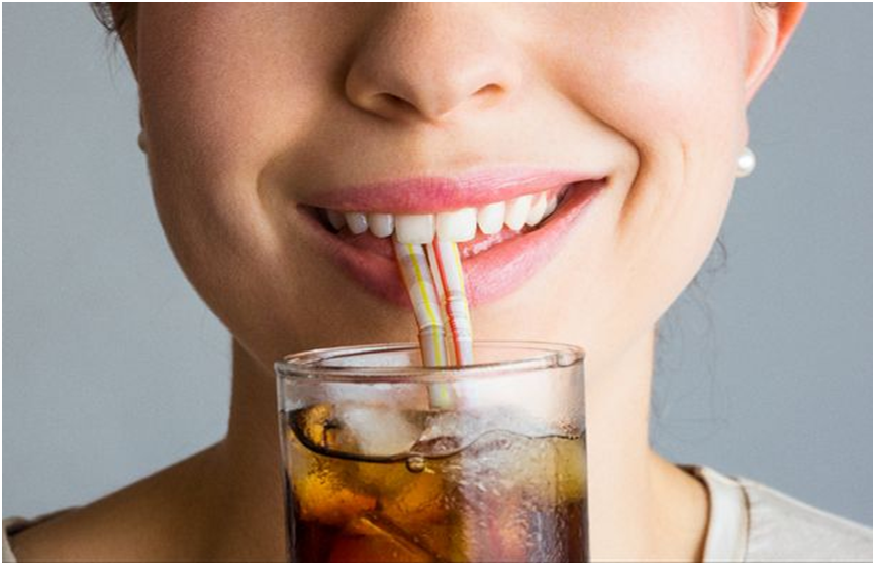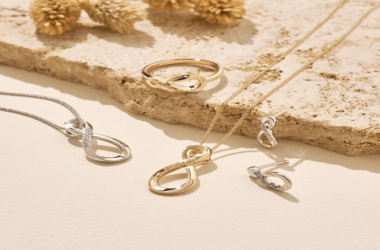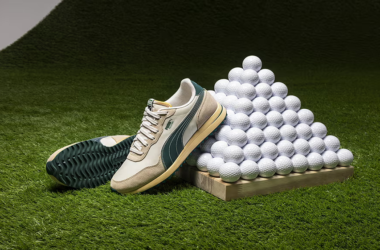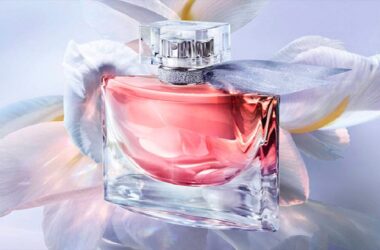Changing the diet even a little will have a lot of effects on protecting people’s oral health. But when people consider changing their diet, they usually think exclusively of the beverages they drink and their food. After all, what they drink or eat is not in their mouth for too long.
The bad news is, the reality is that what people drink or eat leaves traces of particles on the teeth, and individuals can have a significant impact on their dental health. It does not mean they are stuck just drinking water for the rest of their lives, but there is some food or drinks they may need to avoid. Listed below are some of the best and worst drinks individuals can have in their teeth.
The best
Milk – This liquid is full of minerals, proteins, and vitamins, which makes it good for the teeth. Phosphorus and calcium help strengthen and repair the tooth enamel, while Vitamin D found in milk helps the body absorb phosphorus and calcium a lot better. Vitamin D also helps fight gum diseases, as it minimizes inflammation in the gums.
Not only that, milk contains casein, a protein that fights against cavities and tooth decay. It also protects the enamel by forming protective films on teeth. However, it does have natural sugar in it. People usually do not have to worry about this drink, giving them tooth decay or cavities. If the person allergic to milk or is lactose intolerant, they can purchase substitutes like almond milk that have added calcium that provide the same benefits for the teeth.
White or green tea – Tea is a well-loved beverage by a lot of people across many cultures and countries, but not all tea is good for your enamel. White and green teas are the best kinds of tea for the teeth. White, black, and green tea all have tons of antioxidants, which help fight bacteria that can cause cavities.
It can also minimize inflammation in the gums. But black tea will discolor the teeth yellow as time goes by. White and green tea, on the other hand, will not. White tea has the benefit of being a good natural source of fluoride. It helps strengthen the enamel. Although people need to be careful about the amount of honey or sugar they add to their tea since these compounds will still have negative effects on their enamel.
Tap water – It is a tooth-decay-fighting machine; while beverages loaded with sugar leave behind the films of sugar on the teeth for bacteria to eat, water will clean the mouth with every sip. It removes food and beverage debris and helps dilute the acid produced by cavity-causing bacteria in their mouth. A lot of tap water also contains fluoride compounds, strengthening the people’s enamel and protecting the tooth from decay.
Want to know more about gingivitis or gum inflammation? Check out https://www.mayoclinic.org/diseases-conditions/gingivitis/symptoms-causes/syc-20354453 for details.
The worst
Soda – While it is one of the most consumed drinks in America, soda is very bad for the enamel. It is loaded with sugar and is very acidic, and can erode the enamel. It also provides a lot of sugar that cavity-causing bacteria in people’s mouth love. It puts the tooth at risk of decay. Diet sodas are not different, since they still have tons of sugar. Not only that, dark color sodas mean that they tend to discolor the tooth yellow as time goes by.
Wine – Unfortunately, white and red wine are both acidic. It makes them pretty bad for the enamel. Red wine will discolor teeth, which makes it look like reaching for white wine a much healthier option. But the white wine has the same downside, as it is more acidic and has a greater negative reaction on the enamel. It does not mean people have to avoid drinking wine entirely. Eating cheese with wine will create a protective coating that protects the tooth from the wine’s acid and staining properties.
Fruit juice – Fruit juices usually have some excellent vitamins, but sometimes, it tends to be very concentrated. It means that it is pretty acidic, like white and red wine. Its acidity level depends on the kind of juice. Cranberry and citrus-based juices contain a lot of acids.
People can still drink them, but they need to drink them with caution. Drink a lot of water to tone it down, or use a straw when drinking it. The fruits are an excellent source of nutrients, so it is better to consume the fruit than to drink them.
Fruit punch – This drink has all the downsides of the juice without its benefits. Fruit punch rarely has real fruit juice in it, so it lacks the vitamins and nutrients that are present in fruit juices. Instead, they are loaded with sugar or have high fructose corn syrup content; both will cause tooth decay. It is also more acidic compared to fruit juices, so it will erode the enamel if people consume too much of it.
Energy and sports drinks – While sports beverages are excellent for hydration and a good source of electrolytes, making them a very popular beverage for people after a workout, they are not good for the enamel. Sports drinks are loaded with sugar and are very acidic, eroding the tooth, and making them vulnerable to cavities.
People certainly do not have to avoid these beverages altogether, but it is wise to be cautious of what their favorite drinks can do to their dental health. While individuals should limit the amount of these drinks they consume, they can take steps to minimize their impact on their dental health, like using straws to limit contact with the beverage.
It is also wise to see if your favorite drink is damaging your teeth and if it can provide a lot of benefits to their oral health. If taken together, this information can help individuals better protect their oral health, making sure that they are healthy and, most importantly, their oral health during their dental appointments.











